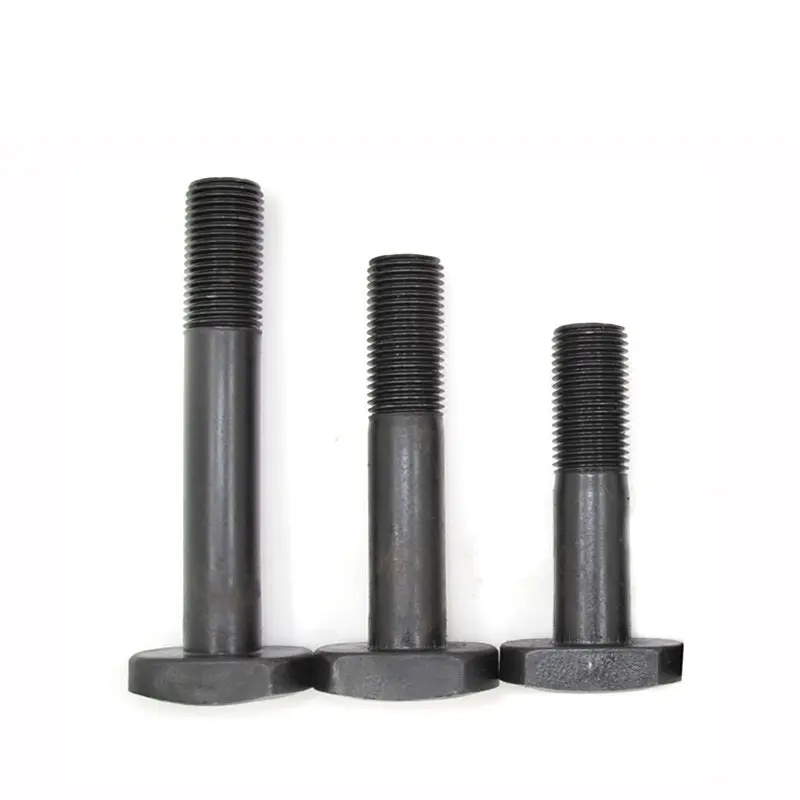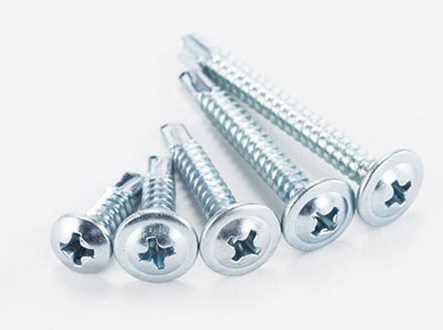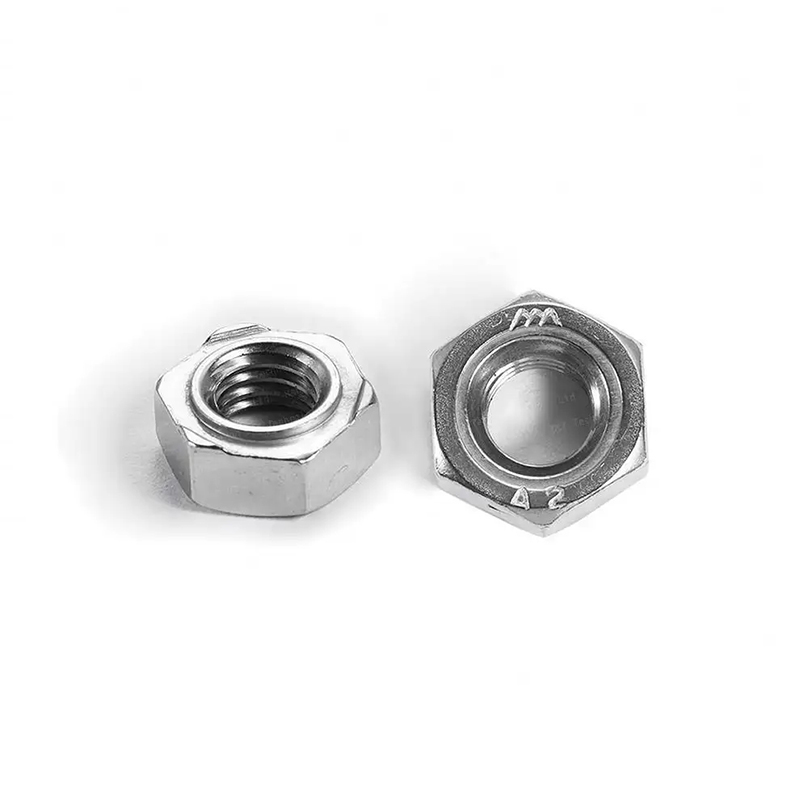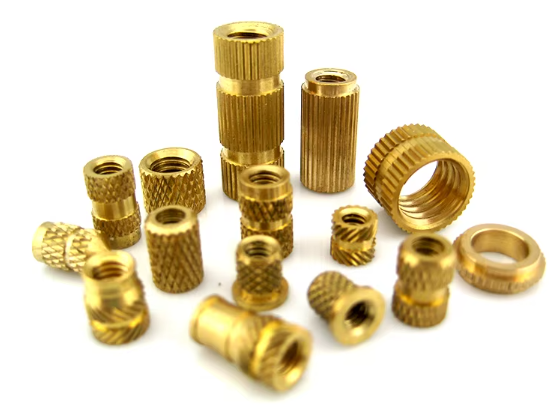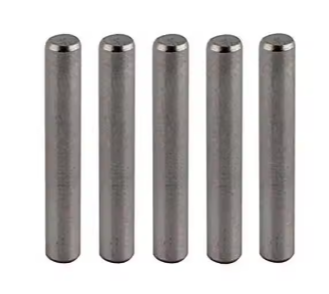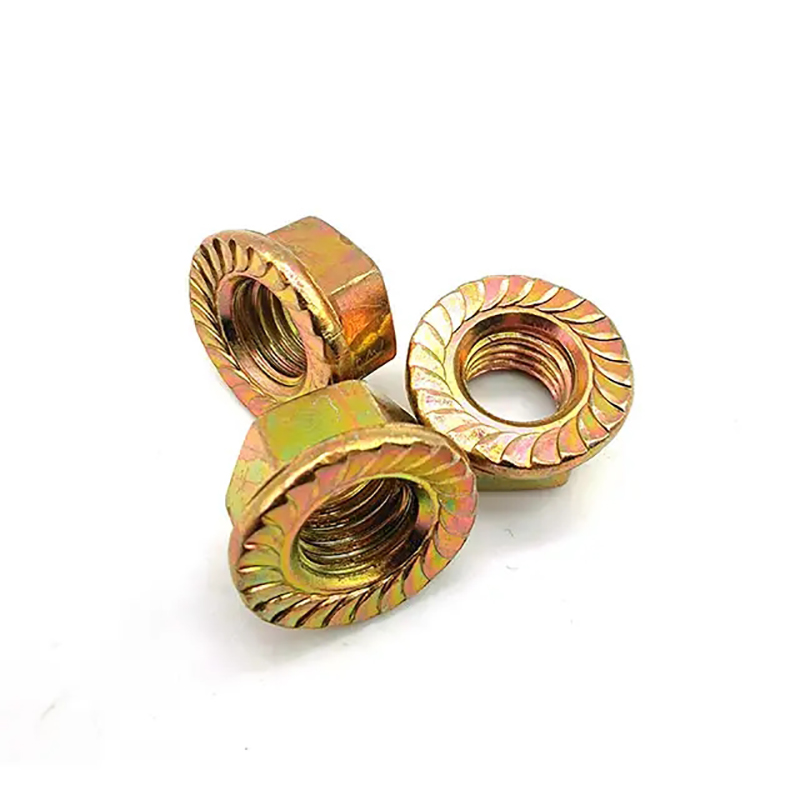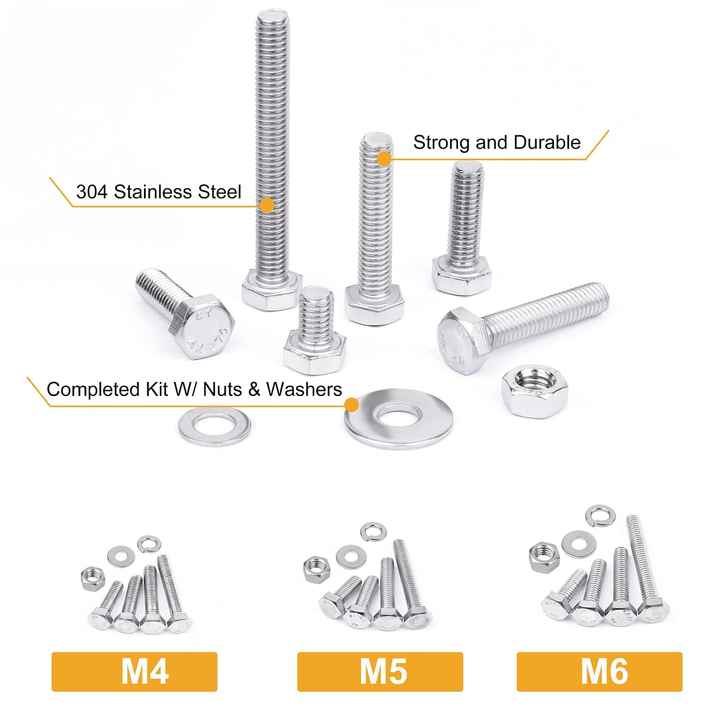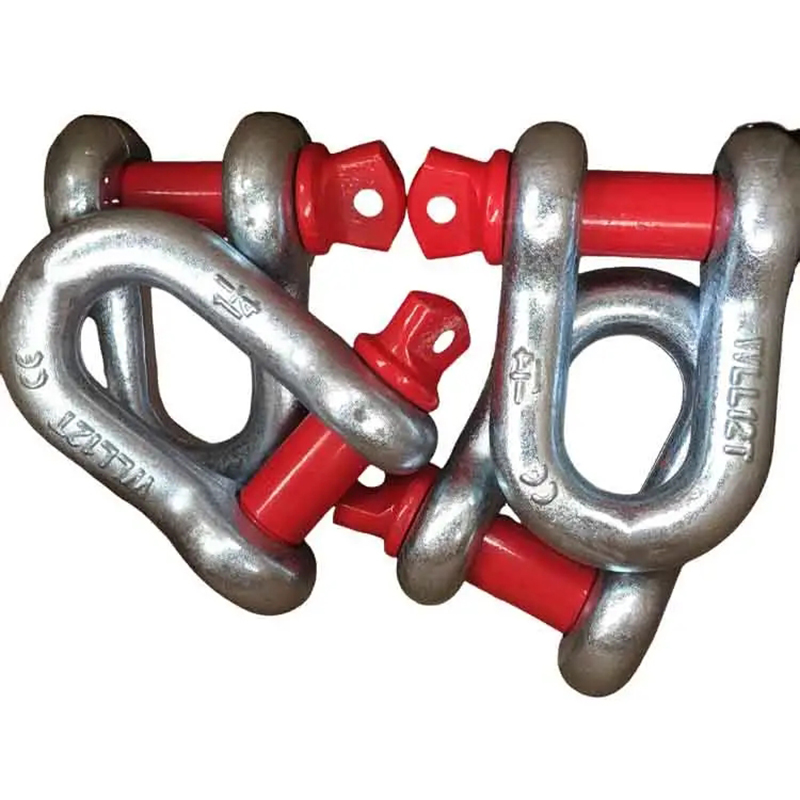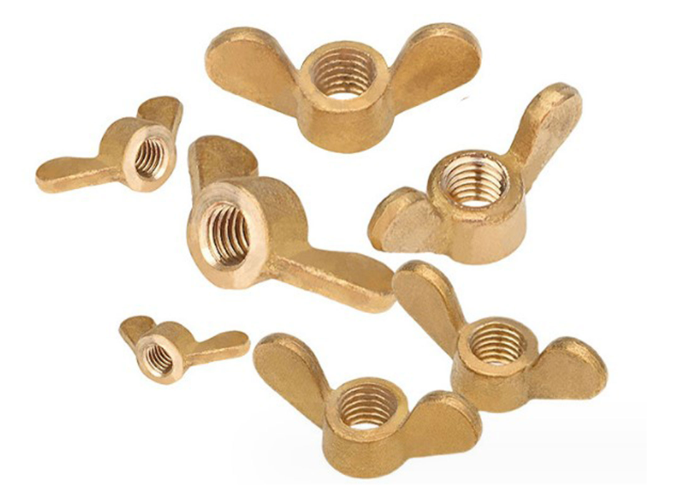

This guide helps you navigate the world of shim manufacturers, providing insights into selecting the right partner based on your specific requirements. We'll cover key considerations like material types, manufacturing processes, tolerances, and quality control, ensuring you make an informed decision.
Before searching for a shim manufacturer, clearly define the application for your shims. Will they be used in automotive, aerospace, industrial machinery, or another sector? The application dictates necessary material properties, tolerances, and manufacturing processes. For instance, a shim for high-precision aerospace components requires tighter tolerances and potentially more specialized materials than a shim for general industrial use. Consider factors such as the operating environment (temperature, pressure, corrosion), the level of required precision, and the expected lifespan of the component.
Shims are available in a variety of materials, each with its own strengths and weaknesses. Common materials include steel, aluminum, brass, copper, and various specialty alloys. Steel shims offer high strength and durability, while aluminum shims are lighter and often preferred where weight reduction is crucial. Brass and copper shims might be selected for their corrosion resistance. The choice of material significantly impacts cost and performance, so careful consideration is essential.
The required tolerance for your shims is critical. Tight tolerances translate to increased precision and often a higher price. A shim manufacturer with a proven track record in meeting tight tolerances is essential for applications demanding high accuracy. Specify the acceptable tolerance range clearly during the selection process. Understanding the implications of tolerance variations on your application's overall performance is vital.
Different shim manufacturers utilize various manufacturing processes, including stamping, etching, and machining. Stamping is suitable for high-volume production of simpler shims, while machining allows for greater precision and complexity. Identify the manufacturing process best suited for your requirements and confirm the shim manufacturer possesses the necessary capabilities. Inquire about their experience with your specific material and tolerance requirements.
Rigorous quality control is paramount. A reputable shim manufacturer will employ comprehensive testing methods, such as dimensional inspection and material analysis, to ensure consistent quality and adherence to specifications. Request information about their quality control procedures and certifications (e.g., ISO 9001). Understanding their approach to quality assurance gives you confidence in the reliability of their products.
Lead times and production capacity are important factors, especially for large-scale projects. Clarify the shim manufacturer's lead times and their ability to handle your order volume. A manufacturer with sufficient capacity will minimize delays and potential production bottlenecks. Inquire about their capacity for both small and large-scale orders to ensure they can adapt to fluctuating demand.
Many shim manufacturers offer customization options, allowing you to specify dimensions, materials, and surface treatments. This flexibility is particularly beneficial for specialized applications. Investigate the level of customization offered by different manufacturers to ensure it aligns with your needs.
Obtain detailed pricing information, including costs per unit, minimum order quantities, and payment terms. Compare pricing from multiple manufacturers to ensure cost-effectiveness while maintaining the necessary quality standards. Consider factors beyond the initial cost, such as potential warranty costs and the long-term reliability of the shims.
Reliable after-sales service is crucial. A reputable shim manufacturer will provide technical support and assistance to address any issues or concerns that arise. Inquire about their warranty policies and their responsiveness to customer inquiries. A strong after-sales service relationship can save you time and money in the long run.
| Feature | Importance |
|---|---|
| Material Selection | High - Impacts cost and performance. |
| Tolerance & Precision | High - Crucial for application performance. |
| Manufacturing Capabilities | High - Ensures the manufacturer can meet your needs. |
| Quality Control | High - Guarantees consistent quality and reliability. |
For high-quality shims and exceptional service, consider contacting Hebei Dewell Metal Products Co., LTD. They offer a wide range of options and customization capabilities to suit diverse applications.
Disclaimer: This information is for general guidance only. Always consult with a shim manufacturer to determine the best solution for your specific application.

